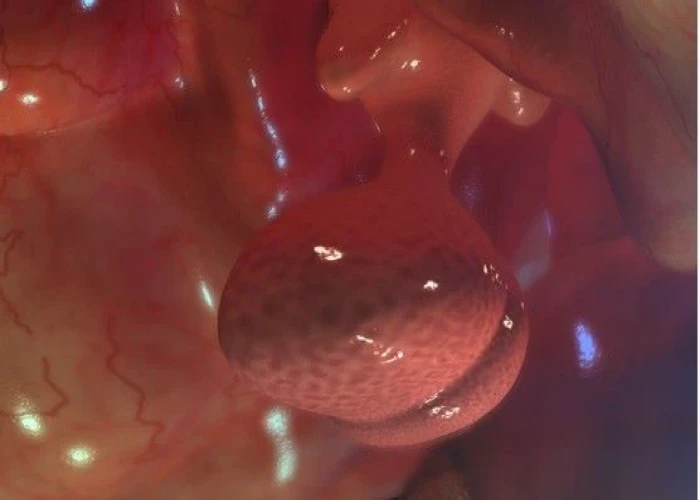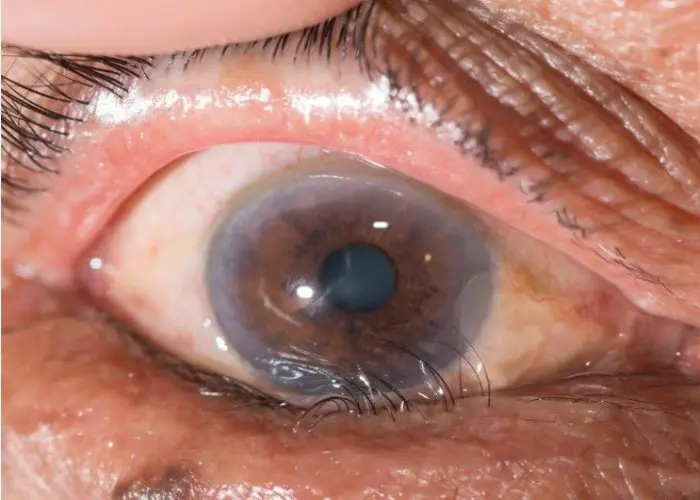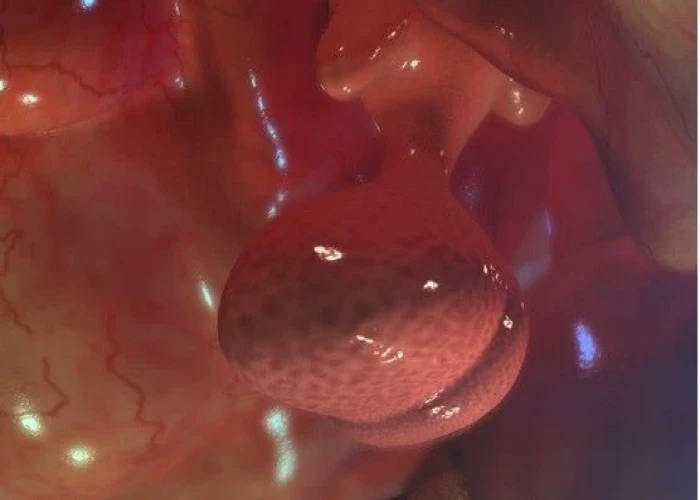 Welcome
Welcome
“May all be happy, may all be healed, may all be at peace and may no one ever suffer."
Prolactinoma

Prolactinoma is a benign (non-cancerous) tumor of the pituitary gland that produces too much prolactin, a hormone that stimulates milk production in women. It is the most common type of pituitary tumor, and can occur in both men and women, although it is more common in women.
The symptoms of prolactinoma can vary depending on the size of the tumor and the amount of prolactin it produces. In women, the most common symptoms include irregular menstrual periods, decreased libido, vaginal dryness, and milk production outside of pregnancy and breastfeeding. In men, prolactinoma can cause erectile dysfunction, decreased libido, and breast enlargement.
In some cases, prolactinoma may not cause any symptoms and is only discovered incidentally during imaging tests for other conditions.
The diagnosis of prolactinoma is typically made through blood tests to measure prolactin levels and imaging tests such as magnetic resonance imaging (MRI) to visualize the tumor. The size and location of the tumor can help determine the appropriate treatment approach.
The treatment for prolactinoma typically involves medications that reduce prolactin production, such as dopamine agonists like cabergoline or bromocriptine. Surgery or radiation therapy may be recommended in some cases, particularly if the tumor is large or causing significant symptoms.
Regular monitoring and follow-up is important for people with prolactinoma, as the tumor may continue to grow or return after treatment. With appropriate treatment and follow-up, most people with prolactinoma can lead normal, healthy lives.
Research Papers
Disease Signs and Symptoms
- Absent or irregular menstrual periods
- Milky discharge from the breasts when not pregnant or breast-feeding
- Infertility
- Headaches
- Reduced sexual desire
- Low bone density (Fragile bones)
- Abnormal breast growth
- Excessive body and facial hair growth
- Vaginal dryness
- Reduction of other hormone production by the pituitary gland as a result of tumor pressure
Disease Causes
Prolactinoma
Prolactinoma is one type of tumor that develops in the pituitary gland. The cause of these tumors is unknown.
The pituitary gland is a small bean-shaped gland situated at the base of your brain. Despite its small size, the pituitary gland influences nearly every part of your body. Its hormones help regulate important functions such as growth, metabolism, blood pressure and reproduction.
Other possible causes of prolactin overproduction include medications, other types of pituitary tumors, an underactive thyroid gland, ongoing irritation to the chest, pregnancy and breast-feeding.
Disease Prevents
Disease Treatments
Goals in the treatment of prolactinoma include:
- Return the production of prolactin to normal levels
- Restore normal pituitary gland function
- Reduce the size of the pituitary tumor
- Eliminate any signs or symptoms from tumor pressure, such as headaches or vision problems
- Improve quality of life
Prolactinoma treatment consists of two main therapies: medications and surgery.
Medications
Oral medications often can decrease the production of prolactin and eliminate symptoms. Medications may also shrink the tumor. However, long-term treatment with medications is generally necessary.
Doctors use drugs known as dopamine agonists to treat prolactinoma. These drugs mimic the effects of dopamine — the brain chemical that normally controls prolactin production. Commonly prescribed medications include bromocriptine (Cycloset, Parlodel) and cabergoline. These drugs decrease prolactin production and may shrink the tumor in most people with prolactinoma.
Common side effects
Nausea and vomiting, nasal stuffiness, headache, and drowsiness are common side effects of these medications. However, these side effects often can be minimized if your doctor starts you with a very low dose of medication and gradually increases the dose.
There have been rare cases of heart valve damage with cabergoline, but it's usually in people taking much higher doses for Parkinson's disease. Some people may develop compulsive behaviors, such as gambling, while taking these medications.
If medication shrinks the tumor significantly and your prolactin level remains normal for two years, you may be able to taper off the medication with your doctor's guidance. However, recurrence is common. Don't stop taking your medication without your doctor's approval.
Medication during pregnancy
Bromocriptine is more commonly prescribed when treating women who want to restore their fertility. However, once you become pregnant, your doctor will likely advise you to stop taking either medication.
Although both drugs are considered safe in early pregnancy, their safety throughout pregnancy isn't known. However, if you have a large prolactinoma or you develop signs and symptoms such as headaches or vision changes, your doctor may recommend that you restart your medication to prevent complications from prolactinoma.
If you're being treated for prolactinoma and you'd like to start a family, it's best to discuss your options with your doctor before you become pregnant.
Surgery
Surgery to remove the tumor is generally an option if drug therapy for prolactinoma doesn't work or you can't tolerate the medication. Surgery may be necessary to relieve pressure on the nerves that control your vision.
The type of surgery you have will depend largely on the size and extent of your tumor:
- Nasal surgery. Most people who need surgery have a procedure in which the tumor is removed through the nasal cavity. It's called transsphenoidal surgery. Complication rates are low because no other areas of the brain are touched during surgery, and this surgery leaves no visible scars.
- Transcranial surgery. If your tumor is large or has spread to nearby brain tissue, you may need this procedure, also known as a craniotomy. The surgeon removes the tumor through the upper part of the skull.
The outcome of surgery depends on the size and location of the tumor and your prolactin levels before surgery, as well as the skill of the surgeon. The higher the prolactin level, the slimmer the chance that prolactin production will return to normal after surgery.
Surgery corrects the prolactin level in most people with small pituitary tumors. However, many pituitary tumors come back within five years of surgery. For people with larger tumors that can only be partially removed, drug therapy often can return the prolactin level to a normal range after surgery.
Radiation
For people who don't respond to medication and aren't candidates for surgery, radiation therapy may be an option.
Disease Diagnoses
Disease Allopathic Generics
Disease Ayurvedic Generics
Disease Homeopathic Generics
Disease yoga
Prolactinoma and Learn More about Diseases

Brachial plexus injury

Milk allergy

Eating disorders

Vocal cord paralysis

Enlarged liver

Flatfeet

Entropion

Pheochromocytoma
prolactinoma, প্রোল্যাকটিনোমা
To be happy, beautiful, healthy, wealthy, hale and long-lived stay with DM3S.
